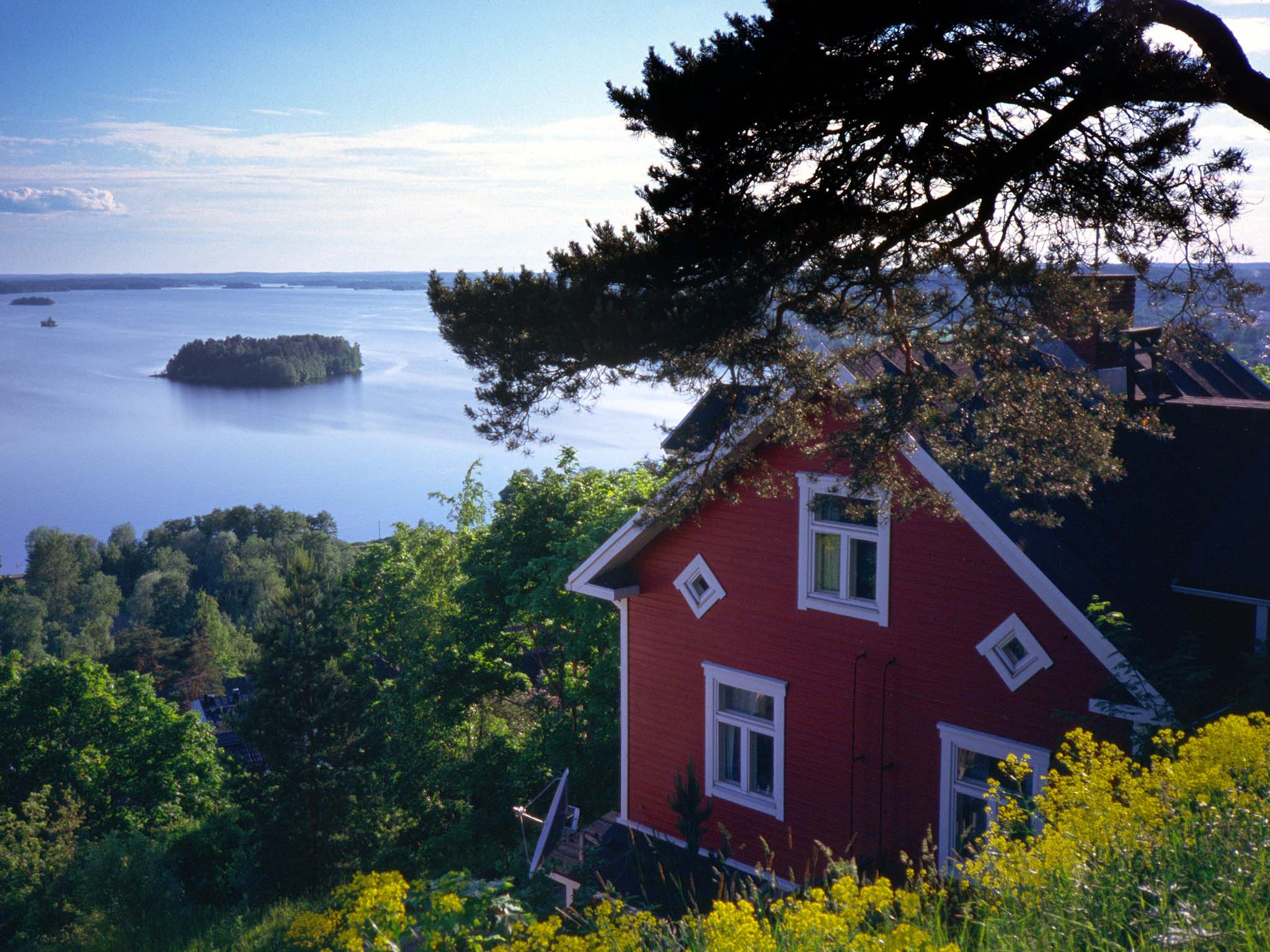The biggest thing outsiders get wrong about Nordic countries
Commentators repeat endlessly the mantra that Sanders’s Nordic-style policies might sound nice, but they’d never work in the US

Your support helps us to tell the story
From reproductive rights to climate change to Big Tech, The Independent is on the ground when the story is developing. Whether it's investigating the financials of Elon Musk's pro-Trump PAC or producing our latest documentary, 'The A Word', which shines a light on the American women fighting for reproductive rights, we know how important it is to parse out the facts from the messaging.
At such a critical moment in US history, we need reporters on the ground. Your donation allows us to keep sending journalists to speak to both sides of the story.
The Independent is trusted by Americans across the entire political spectrum. And unlike many other quality news outlets, we choose not to lock Americans out of our reporting and analysis with paywalls. We believe quality journalism should be available to everyone, paid for by those who can afford it.
Your support makes all the difference.Anu Partanen left her home country of Finland seven years ago, and she'd like to set one thing straight.
Contrary to the popular belief that Nordic countries make the list of happiest countries year after year because they are unified utopias where everyone looks out for each other, the truth is that northern Europeans are just as selfish as Americans.
In fact, maybe even more so.
Partanen recently explained this misconception in a piece for The Atlantic entitled “What Americans Don't Get About Nordic Countries.”
The central argument is this: All the socialized programs that make Nordic countries different from the US - centralised health care, free higher education, mandatory paid parental leave - are done to help people individually, not collectively, as many Americans assume.
“Nordic nations offer their citizens - all of their citizens, but especially the middle class - high-quality services that save people a lot of money, time, and trouble,” Partanen writes. “This is what Americans fail to understand: My taxes in Finland were used to pay for top-notch services for me.”
Partanen goes on to say that this view isn't a niche opinion; it's the prevailing mindset. Nordic citizens may pay higher tax rates so there's a larger pot of money to give out to everyone, but that doesn't mean people necessarily care that others are getting off easier.
For Partanen, the important thing is that she benefits from the system.
“Nordics are not only just as selfish as everyone else on this earth but they can - and do - dislike many of their fellow citizens just as much as people with different political views dislike each other in other countries,” she writes.
The happy byproduct of this, which Partanen doesn't address in her piece, is that Nordic citizens feel more secure, which means there is less crime. That breeds more trust between ordinary people and between those people and their government, which helps legitimize the system.
Not so in the US.
Gummi Oddsson, an Icelandic sociologist from Michigan State University, says that a lack of trust is ultimately what produces the kind of gun violence epidemic that's taking place in the US, but has failed to reach northern Europe. Instead, people in Nordic countries have their basic needs met, which means they aren't forced to resort to illegal strategies, like theft and drug-dealing, to get by.
And that's important, because even if Americans understand that social welfare programs work without them having to give up being selfish, the reality is still bleak. Massive change still needs to come from the top to convince people the government won't mismanage the extra money it'll take in taxes.
But Partanen's argument is a good start for changing American opinions of the Nordic model.
It's a lot easier to consider a new way of living if you don't have to give up caring about your own needs.
• Elon Musk doesn't have a desk at the office and has slept on the floor
• 19 highly successful people who changed careers after age 30
• 26 European cities where you can live on less than £600 a month
Read the original article on Business Insider UK. © 2016. Follow Business Insider UK on Twitter.
Join our commenting forum
Join thought-provoking conversations, follow other Independent readers and see their replies
Comments